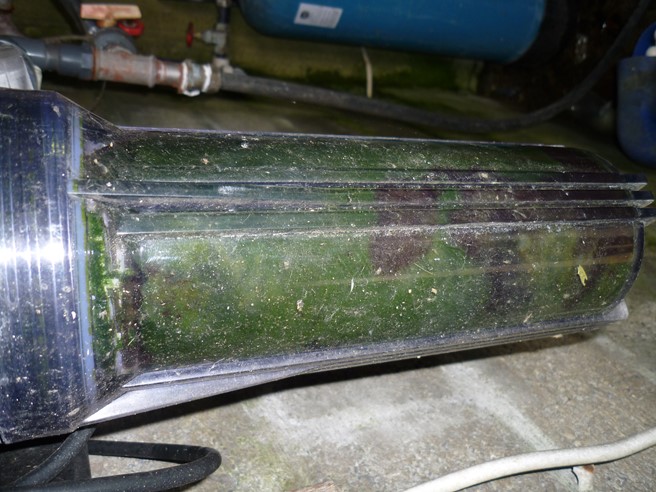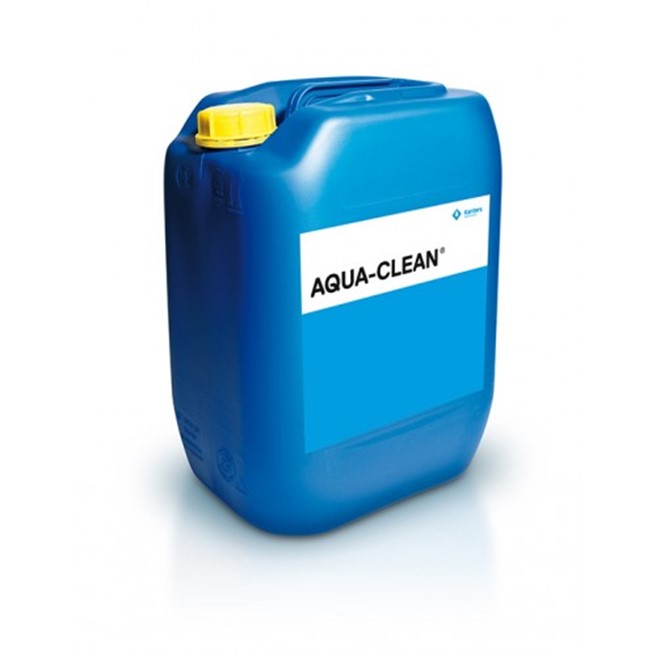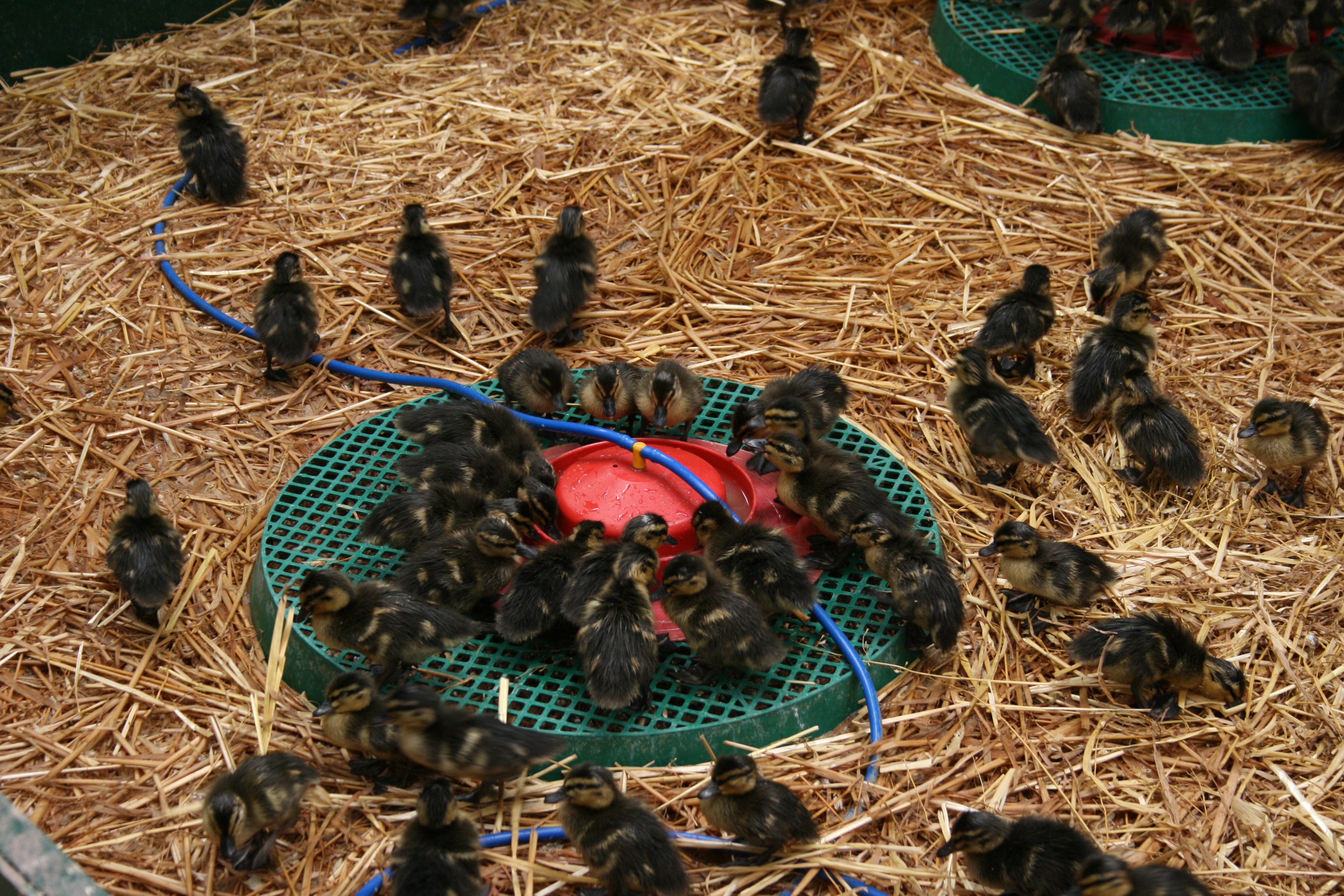"If you wouldn't drink the water, neither should your birds".
The overall health and performance of a game bird is often in direct correlation with how clean their drinking water is. Birds, under normal circumstances, will consume about twice as much water as feed. Good quality drinking water is paramount in aiding the digestive process (and therefore promoting good gut health), transporting nutrients (in the bloodstream), regulating body temperature and eliminating waste products.

Fig 1 Poor water quality
These are facts which are unfortunately sometimes overlooked.
There are many sources you can use for drinking water for your game birds - mains water being the most obvious. Mains water is in many ways the ideal source of drinking water as it will already have been filtered, tested and treated by the time it comes out of the tap.
A borehole is another source of drinking water, although this has a higher risk of contamination than mains water, especially if the borehole is relatively shallow. Possible bacteria which can grow in contaminated water include E.Coli, Salmonella and Campylobacter. There are also associated risks from diseases such as Avian Influenza and Newcastle Disease.
Water testing is easy and not particularly expensive. You should check samples of water at the source, but also at the end of the drinking line (to check biofilm build up). Bacterial testing and chemical testing are also a prudent and worthwhile measure to take. Bacterial testing can differentiate between various bacteria the drinking line may have, and expose any potentially dangerous diseases and illnesses that might transfer to the birds. Chemical testing will highlight the pH and hardness of the water, as well as specific tests for nitrogen levels, suspended solids and iron, copper, magnesium and sulphates in the water. Nitrogen can attach itself to haemoglobin in the blood of the birds and reduce performance; and iron, copper, magnesium and sulphates will all in differing ways affect performance, promote bacterial growth or affect palatability.
Investing in a water sanitiser is a consideration, and many different forms of sanitiser are available on the market today, each of this having their own advantages and disadvantages. Water sanitising is incredibly safe and does not impact the taste, odour, colour or reliability of the water, and is very cost effective. It is important to labour the point that water sanitising is not the same as disinfecting the water! The most common water sanitising methods are UV filters, the use of chlorine or hydrogen peroxide, the use of acids and Virkon S or Virkon H2O. UV filters are the most environmentally friendly method, with nothing added and no residue. UV filters will ensure the water is clean at entry point but not at the end of the drinking line itself. Chlorine is a cheap method, but is dependent on pH level and does not get rid of biofilm or lime scale build up. The important thing to remember with Chlorine is not to mix it with acids as Chlorine gas is lethal! Hydrogen peroxide is similarly a cheap option and breaks down to just oxygen and water, and the bubbling away also clears biofilm but not lime-scale. Organic acids will remove lime scale but do little against biofilm. Organic acids require a pH of less than 4, but do produce improved gut health in the birds.

Fig 2 Aqua-clean® is a drinking system cleaner and disinfectant. Based on stabilised hydrogen peroxide
Of course, there is little point in providing your birds with good clean water if it is simply going to drip around the feeder into puddles for the birds drinking out of there. Luckily, there are some solutions to this. Drinking system engineering now allows for modern models to be on a raised platform with a collecting tray underneath (Fig 1). This enables the birds to drink purely clean water and not out of puddles (well not puddles from the drinking line anyway!).

Fig 3 Example of a drinking system
To summarise, it is a good idea to have your water source (be it mains or borehole) tested. Choose an appropriate sanitiser, manage your drinkers properly as cleaner drinking water leads to healthier birds and better performance!
And, just in case you forgot: "If you wouldn't drink the water, neither should your birds"!





